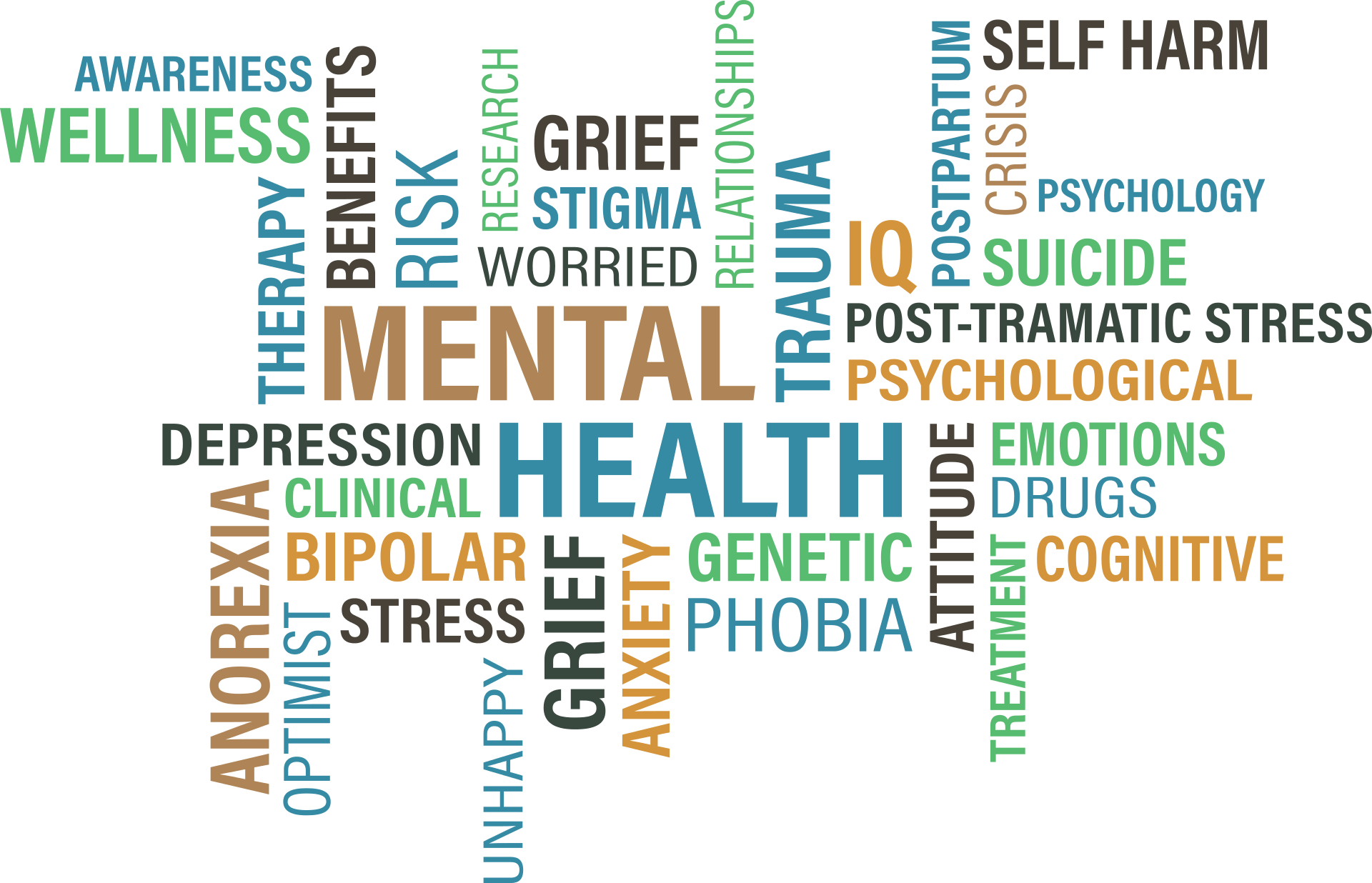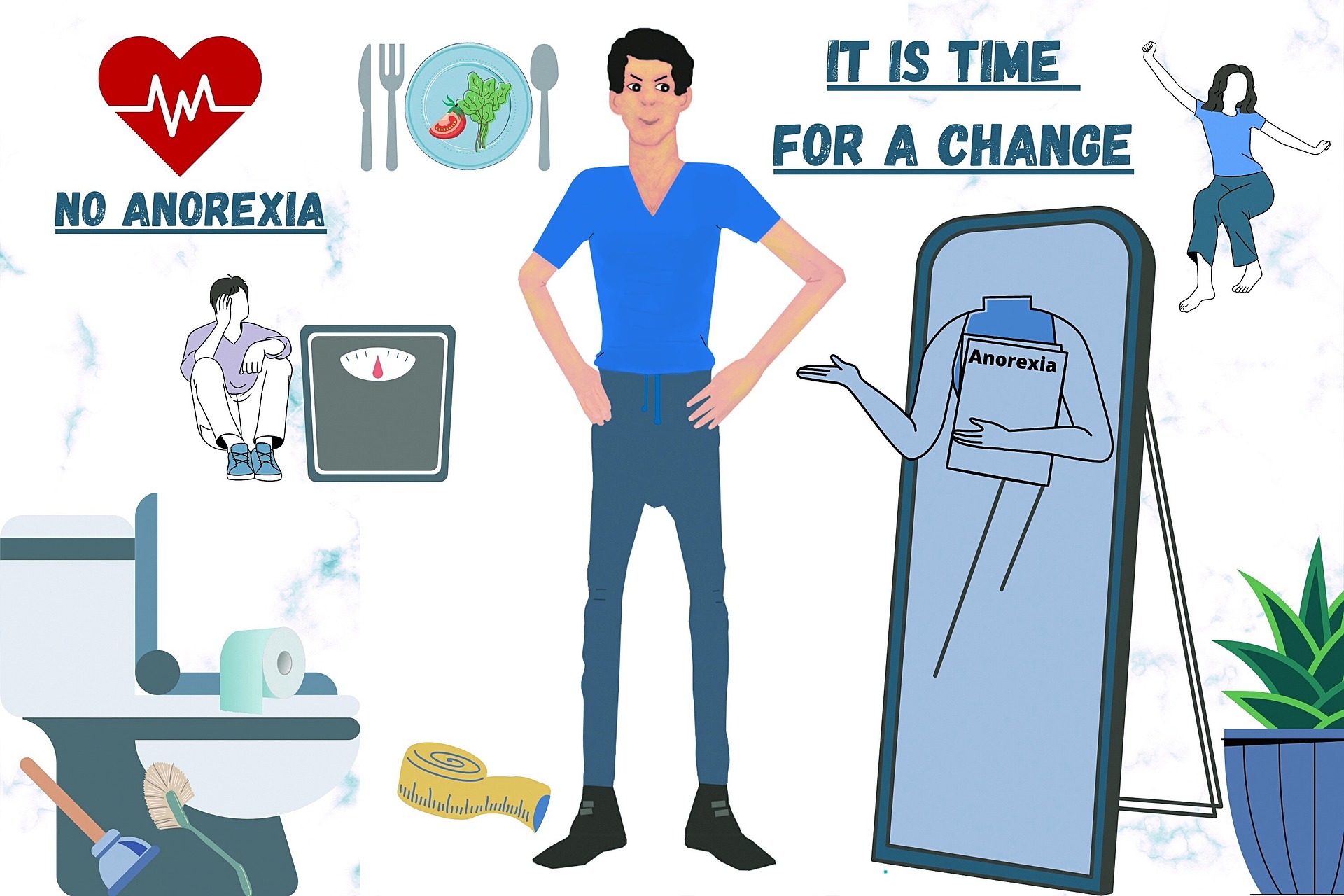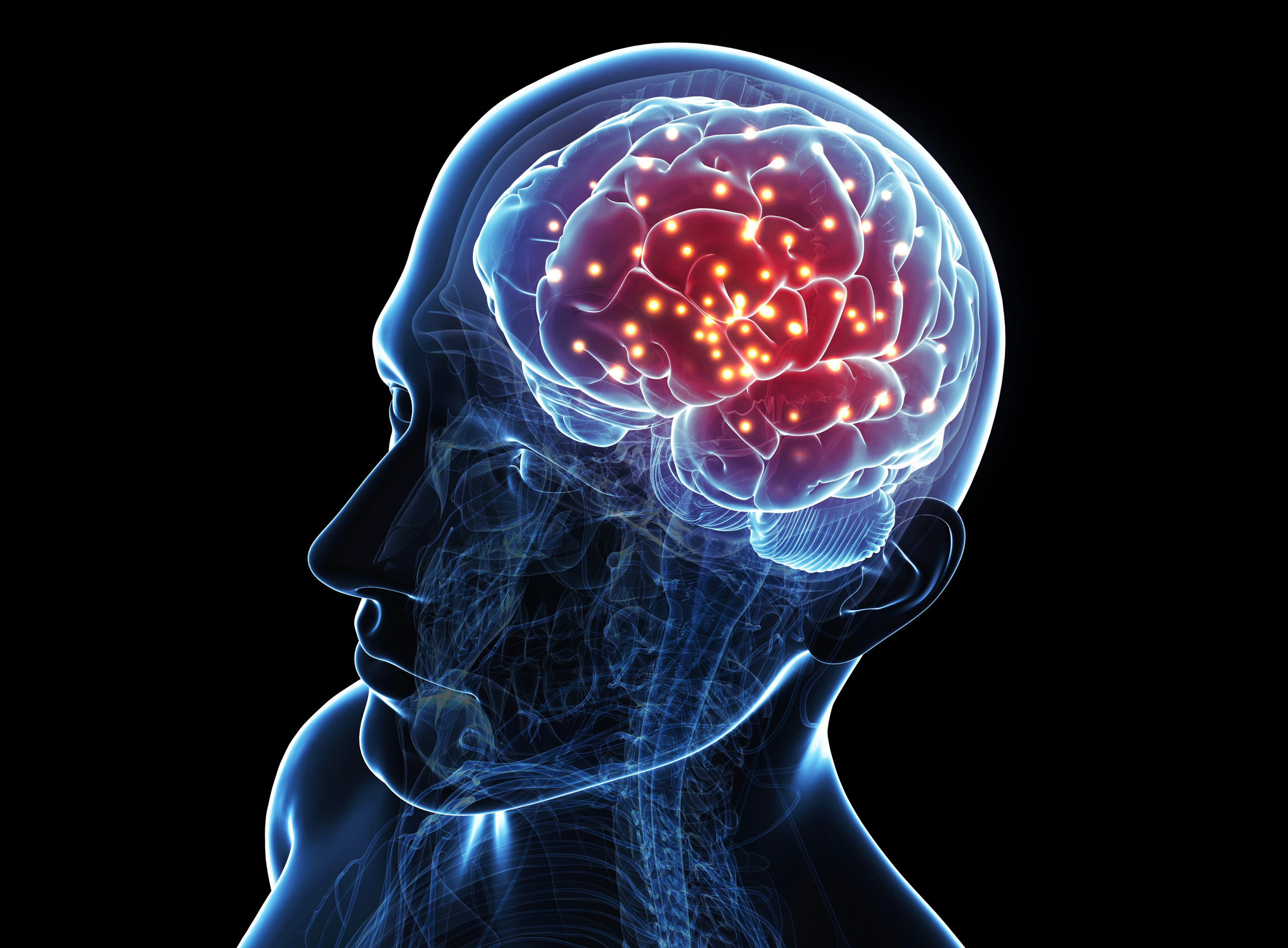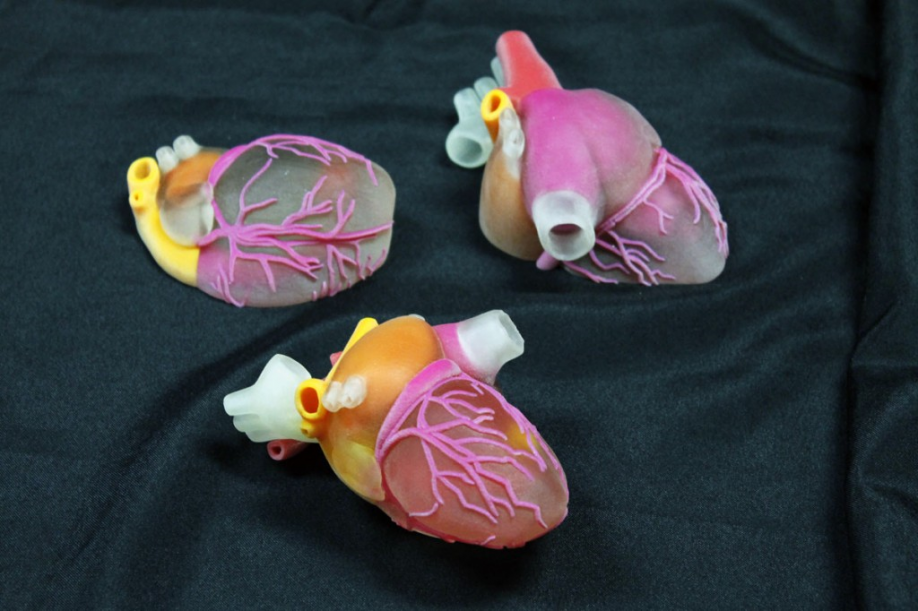
The Ridiculously Comprehensive Guide to Eating Disorders: Part 2- Anorexia
Eating disorders like anorexia are very prevalent today because we spend a good chunk of our life transfixed by our phones and are fed constant information on the ideal body type. I’d like to say that most destructive things in the world are rooted in colonialism because, in most countries in the East, it is considered a sign of wealth and prosperity on the heavier side. But with colonialism and this Eurocentric ideal of beauty, this is no longer the case worldwide. Being thin is considered the perfect size that everyone should strive for, even if medically thin doesn’t equate to being healthy. But most magazines won’t tell you this because it will ruin the model industry. These things could lead someone to be fixated on their body weight and even develop body dysmorphia and anorexia.
What is Anorexia?

Also known as Anorexia Nervosa is a type of mental disorder where a person is obsessed with their weight and can go to great lengths to stay at a weight that they believe is desirable. It is a potentially life-threatening illness like bulimia and is usually characterized by extreme weight loss, thinness, and self-starvation to reach that goal. It can also be a metabolic disorder that causes extreme weight loss but is usually caused by extreme self-starvation. People suffering from it usually weigh themselves obsessively, before and even after meals, to see if they gained or lost any weight and may exercise excessively, make themselves throw up, and use laxatives to lose weight.
Symptoms

Anorexic people tend to be on the thinner side of the scale and don’t usually disclose their eating disorders. They associate thinness with beauty and see food as their enemy. There is a constant struggle to eat, and they eat the bare minimum for their body to function, and even that they might purge to avoid gaining weight, and further down the line, this may lead to some pretty severe complications. It can lead to health issues like:
- Abnormal blood count
- Abnormally slow heart rate
- Anxiety
- Bluish color on the tips of your fingers
- Decreased sexual drive
- Dehydration
- Depression
- Dizziness
- Drop in blood pressure
- Dry hair
- Dry or yellowish skin
- Fatigue
- Hair lose
- Inability to maintain an average weight
- Increased risk of heart failure
- Increased risk of bone loss- Osteoporosis
- Insomnia
- Irritability
- Kidney failure
- Loss of muscle tone
- Lower testosterone in men
- Suicidal thoughts– call 1-800-273-TALK if you feel that you can no longer take life and feel like ending it.
However, it might take you a long time before you notice any flagrant change, and by then, that person would have been through a lot on their own, so don’t comment on people weight, for one, it’s unwarranted, and for two you don’t know what that person is going through. So, you can help people without hurting their feeling and already down self-image; you just have to speak tactfully.
Who does it affect?
Just like bulimia, it affects everyone, but women are more at risk than men. It affects about 5.6 million women in America, or 2% of the population, and only 0.3% or about 840 000 American men. Though it primarily affects teenage girls and young women, it can affect people of all ages, gender, sexuality, race, or cultural background. It also disproportionately affects people who work in industries that prioritize thinner-looking bodies like athletes, models, and dancers.
It is considered the deadliest mental disorder out there and can affect anyone, irrespective of their gender, sexuality, skin color, or even class. Mental disorders account for 1 death every 52 minutes, which accounts for about 10 200 deaths annually.
Anorexia is a mental disorder.

Anorexia has been recognized as a mental health disorder alongside bulimia and binge eating. If left untreated, it can ravage one’s body and is one of the most fatal mental disorders in the world. Remember, Anorexia is a disorder that you can treat, and with time it does get better. You can get the help of a mental health specialist who will find the best course of action to treat this psychological and emotional challenge. Treatment can include Cognitive-Behavioral Therapy, individual and family counseling, and supplements to nutritional deficiencies.
Remember, don’t make unnecessary comments on people’s weight or how they look. To quote Maya Angelou: “there is no greater agony than bearing an untold story inside you.” Sound off in the comment sections below and tell us if you want to see part three on other eating disorders.
You May Also Like

The Marvels of Microbiology: Unraveling the World of Tiny Organisms
2024-01-23
What Is Covid-19 Brain Fog?
2022-03-14

